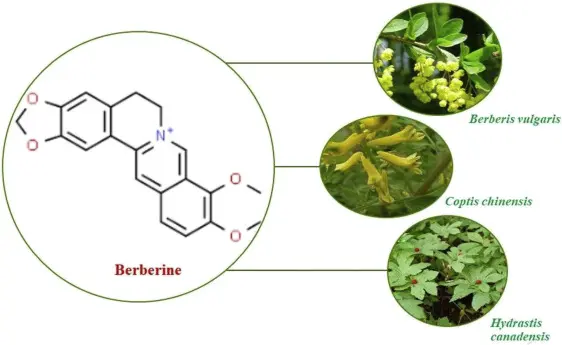How Quercetin Enhances Lung Health and Immunity
Quercetin, a powerful natural antioxidant found in apples, onions, and berries, is gaining recognition for its ability to support respiratory health and immune function. Known for its anti-inflammatory, expectorant, and bronchodilation properties, quercetin plays a critical role in protecting the lungs from damage and promoting overall well-being. Recent studies have further highlighted its potential in combating COVID-19-related lung damage and other pulmonary disorders.

The Role of Quercetin in COVID-19 Recovery
Quercetin’s effectiveness against respiratory damage was demonstrated in an Italian clinical study and research from Stanford University. These studies showed that quercetin supplementation accelerated respiratory mucosal repair in 89% of participants recovering from COVID-19. Additionally, quercetin helped eliminate 91% of lung viruses and enabled 76% of subjects to fully recover within three weeks.

Quercetin achieves this through two primary mechanisms:
- Reducing Inflammation: It suppresses inflammatory pathways, including the NLRP3 inflammasome, effectively alleviating cytokine storms that worsen disease severity.
- Enhancing Antioxidant Effects:Quercetin works synergistically with vitamins C and D to boost immune responses, reduce oxidative stress, and accelerate recovery.
Quercetin as a Lung Protector

Quercetin has been likened to a “vacuum cleaner” for the lungs, offering several specific benefits:
- Clearing the Airways:
Quercetin enhances the movement of respiratory cilia, microstructures that sweep away mucus and harmful particles from the airways. By improving ciliary motion, it reduces the risk of respiratory infections and keeps the airways clear. Additionally, quercetin increases mucus secretion and dilutes phlegm, making it easier to expel.
- Relieving Cough and Asthma:
Quercetin relaxes bronchial smooth muscles, alleviating symptoms of asthma, bronchospasms, and respiratory distress. This bronchodilation effect improves airflow, enhancing breathing efficiency and comfort.
- Reducing Lung Inflammation:
By inhibiting enzymes like lipoxygenase and cyclooxygenase, quercetin decreases the release of pro-inflammatory cytokines such as TNF-α and IL-6. This helps mitigate inflammation in conditions like chronic obstructive pulmonary disease (COPD) and asthma, improving overall lung function.

1. Boosting Immunity:
Quercetin strengthens the immune system by promoting the proliferation and activation of immune cells, enhancing the body’s ability to fight infections. This immunomodulatory effect is critical for maintaining lung health and preventing respiratory infections.

Quercetin’s Role in Lung Cancer and Fibrosis
Quercetin also shows promise in combating more severe lung conditions:
· Lung Cancer: Quercetin inhibits the growth and proliferation of lung adenocarcinoma cells (A549) by inducing apoptosis and ferroptosis. It regulates key proteins such as Caspase-3, Caspase-9, Bax, and Bcl-2, disrupting cancer cell survival mechanisms.
· Lung Fibrosis: Quercetin suppresses fibroblast activation and proliferation, crucial steps in the development of lung fibrosis. By modulating proteins like TGF-β1, quercetin slows fibrosis progression and preserves lung function.
· Acute Lung Injury (ALI): Quercetin reduces inflammation and tissue damage in ALI by inhibiting adhesion molecules like P-selectin and ICAM-1. This minimizes neutrophil adhesion to lung endothelial cells, decreasing inflammation and protecting lung tissue.

How to Incorporate Quercetin
Quercetin can be obtained from a variety of fruits and vegetables, such as apples (with skin), citrus fruits, berries, onions, broccoli, and fennel. Purple onions, in particular, have the highest quercetin content. Pairing quercetin-rich foods with healthy fats can improve its absorption and bioavailability.
For individuals with higher quercetin requirements, dietary supplements offer a convenient alternative. These supplements provide concentrated doses to support respiratory health, immune function, and overall well-being.
Conclusion
Quercetin is emerging as a vital nutrient for lung health and immune support. Its ability to clear airways, reduce inflammation, and combat serious lung conditions positions it as a valuable tool in respiratory health management. Whether through diet or supplementation, incorporating quercetin can promote stronger lungs, enhanced immunity, and better overall health.










